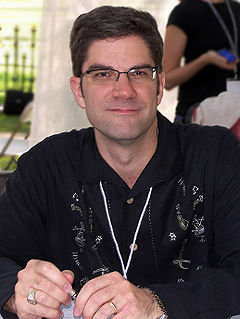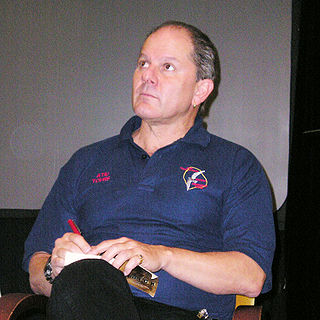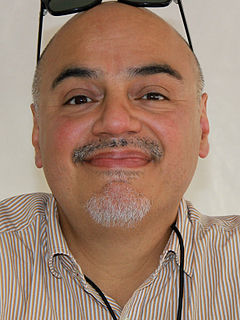A Quote by Jeff Abbott
I believe the most intricate plot won't matter much to readers if they don't care about the characters, especially in a series. So I try to focus hard on making each character, whether villain or hero, have an interesting flaw that readers can relate to.
Related Quotes
As readers, we want not only a strong story, but also characters we can relate to, characters that feel real. We have to find something of ourselves in them. Each character, even those only there to serve the mechanics of the plot, should have a number of layers. The entire world you are stepping into as a reader must feel real. It must have resonance, you must be able to touch the light; smell the smells.
I try to write about real women, real people - in other words flawed characters. I find flawed characters much more interesting than perfect ones and enjoy the challenge of making readers root for them in spite of their unsympathetic path and destructive choices. Life is about the gray areas. Things are seldom black and white, even when we wish they were and think they should be, and I like exploring this nuanced terrain.
In terms of characters I wish I had created - just because I haven't dealt with anything like them - I'm really impressed by characters who can endure over time, whether that be a long series run like a Harry Bosch, or a character who endures over generations and continues to please readers: Sherlock Holmes.
You have to expose part of yourself to create a character deep enough for readers to care about. You try not to because it's hard and at times shameful, but then when you read those pages over and you see they have no life to them so you throw them away and force yourself to be more honest. So I suppose the answer is I see myself in all my characters, in their best moments and in their worst.






































